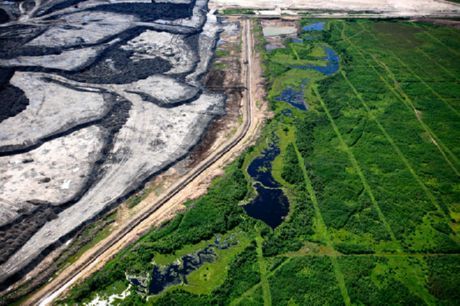What did the man destroy in the last half-century?
Last reviewed: 23.11.2021

All iLive content is medically reviewed or fact checked to ensure as much factual accuracy as possible.
We have strict sourcing guidelines and only link to reputable media sites, academic research institutions and, whenever possible, medically peer reviewed studies. Note that the numbers in parentheses ([1], [2], etc.) are clickable links to these studies.
If you feel that any of our content is inaccurate, out-of-date, or otherwise questionable, please select it and press Ctrl + Enter.

For the past fifty years, the human race has killed about 90% of the world's large fish stocks on Earth, with almost 22% of the well-known oceanic areas being completely depleted for fishing due to heavy exploitation. Another 44% of similar ocean areas are currently at the limit of depletion.
Also, during the last half century, people's livelihoods caused the destruction of 70% of all forest resources on the planet. More than 30% of the forests on Earth remained fragmented, as a result of which they simply degrade.

During this period mankind managed to liquidate and over 45 thousand lakes.
According to statistics, every year the chemical sector of the economy throws out more than 100 million tons of 70,000 types of organic compounds. However, only a small part of these chemicals undergoes appropriate control for safety for the environment and human beings in particular.
In addition, over the past 50 years, due to human activities, a number of bird species have disappeared, and 11% of those living now are on the verge of extinction. In addition, experts inform that approximately 18% of all mammal species, 8% of plant species and about 5% of fish threaten extinction.
Coral reefs, which we wrote about in the article titled " Coral reefs completely disappear in 30-40 years, " at this stage suffer from ocean pollution and depletion of water resources, and in addition increase in water temperature.
Thus, experts emphasize, we have already lost 30% of all known resources in the Earth, while the world's population is only growing.
